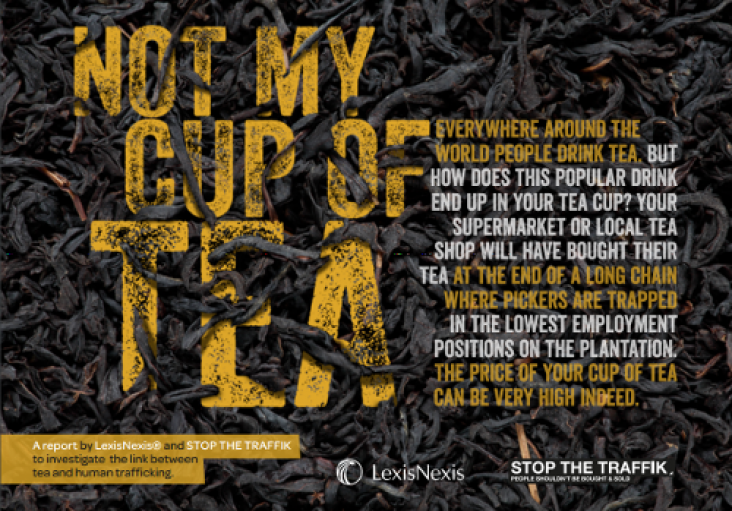Linking to Goals 8 and 10, this webinar explores the requirements of the UK Modern Slavery Act and its implications for UN Global Compact business participants who conduct business in the UK.
This white paper explores the links between goal 6 (Clean Water and Sanitation) and goal 12 (Responsible Consumption and Production). It discusses how business can play their part in increasing access to Water, Sanitation and Hygiene (WASH) with an emphasis on WASH delivery for workers in the supply chain.
Background: The Global Burden of Disease, Injuries, and Risk Factor study 2013 (GBD 2013) is the first of a series of annual updates of the GBD.
In March 2015 the Modern Slavery Act became law and its effect on UK businesses will be significant. The first of its kind in Europe, and one of the first in the world, the Act specifically addresses slavery and human trafficking in the 21st century, and is one of the most important pieces of legislation for supply chain due diligence. The Act will directly contribute to advancing the SDG target 8.7 to eradicate forced labour, end modern salvery and human trafficking by 2025.

Three billion cups of tea are drunk each day; it's the world's second most popular drink after water. Yet tea workers are often targeted by human traffickers and coerced into forced labour, domestic servitude and in some cases the sex industry. This report looks at the tea industry in Kenya, Sri Lanka and India to highlight supply chain issues and working conditions, to contribute to the advancement of SDG target 8.7 to eradicate forced labour, end modern slavery and human trafficking by 2025.
This critical review aims to integrate the literature on stigma towards transgender people in the US, contributing to SDG 10 (reduced inequalities). Such stigmas limit transgender access to resources in a number of critical domains including healthcare and employment, impacting SDG 3 (good health and well-being) and SDG 8 (decent work and economic growth).
This paper attempts to investigate the impact of economic growth and CO2 emissions on energy consumption for a global panel of 58 countries using dynamic panel data model estimated by means of the
This report sets out five defining features of corporate sustainability, which the Global Compact asks businesses to strive towards – looking at why each element is essential, how business can move forward and what the Global Compact is doing to help. It aligns with most of the SDGs but primarily goal 8 on decent work and economic growth and goal 17 on partnership for the goals.
A primer explaining the inclusive business models companies can use to work towards Goal 1, Goal 8 and Goal 10
This report offers practical advice and sparks of inspiration for creating child labour free zone, which are issues covered by Goal 4, Goal 8, and Goal 12
